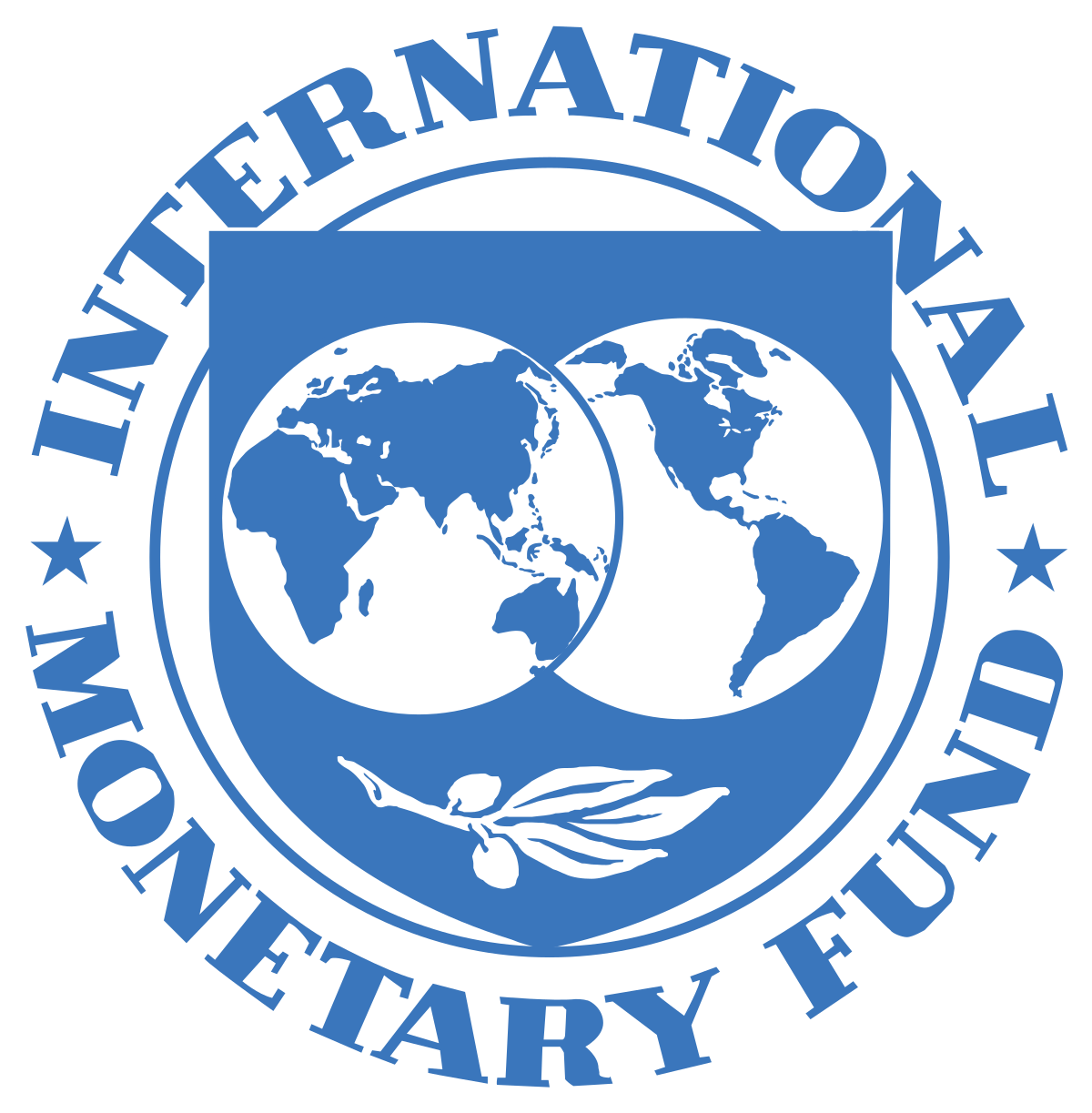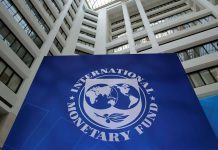The Minister of Finance, Zainab Ahmed, says the International Monetary Fund (IMF) “supports’’ Nigeria’s closure of its land borders because it understands the action is not punitive.
She also said Nigeria’s neighbours are to blame for the border closure.
Addressing journalists in Washington on Sunday, Mrs Ahmed explained that the measure was intended to restore Nigeria’s relationship with its neighbours based on commitments made.
She said that President Muhammadu Buhari did not want to approve the closure because he was mindful of the adverse effect it would have on the economies of neighbours.
According to her, there were several engagements between Nigeria and the neighbouring countries toward securing compliance to the rules, “but things got worse”.
“Of course, there will be economic impact on the side of our neighbours due to the border closure, that is a consequence of it.
“In a manner of speaking, IMF supports the border closure that we have done because they understand that the closure was not meant to be punitive.
“It was meant for us to restore our relationship with our neighbours back to the commitments that we made.
“The commitment that we have among these countries is that goods can come through their ports to Nigeria.
“They are supposed to come in sealed containers escorted to Nigeria for the Nigeria Customs Service to inspect the goods and charge them.
“But that is not what is happening. They allow containers to be opened, and also allow goods to be smuggled beyond the formal borders through several illegal routes,’’ she fumed.
The minister reiterated that Nigeria would ensure that rules were obeyed now that it had committed itself to the African Continental Free Trade Area (AfCFTA),“ otherwise local industries will suffer”.
She said that a lot of discussions were ongoing between Nigeria and the affected countries toward securing their re-commitment to the rules governing cross-border trade.
PREMIUM TIMES earlier reported how an IMF official expressed support for the closure.
Abebe Selassie, the Director of the African Department at the IMF, gave the position at a media briefing on the sidelines of the World Bank/IMF Annual Meetings in Washington.
He spoke in response to a question seeking his views on the compatibility of the border closure with the African Continental Free Trade Agreement (AfCFTA).
He was responding to a question on whether the closure negates the African Continental Free Trade Agreement (AfCFTA).
Mr Selassie said although free trade was critical to the economic growth of the continent, it must be legal and in line with agreements.
“On the border closure in Nigeria which has been impacting Benin and Niger, our understanding is that the action reflects concerns about smuggling that has been taking place.
“It is about illegal trade, which is not what you want to facilitate,’’ Mr Selassie said.
The border closure has affected Nigeria’s neighbours, mainly Benin and Niger who rely on the Nigerian market to sell their products.
The closure has also led to an increase in price of hitherto imported items like foreign rice and poultry products.







